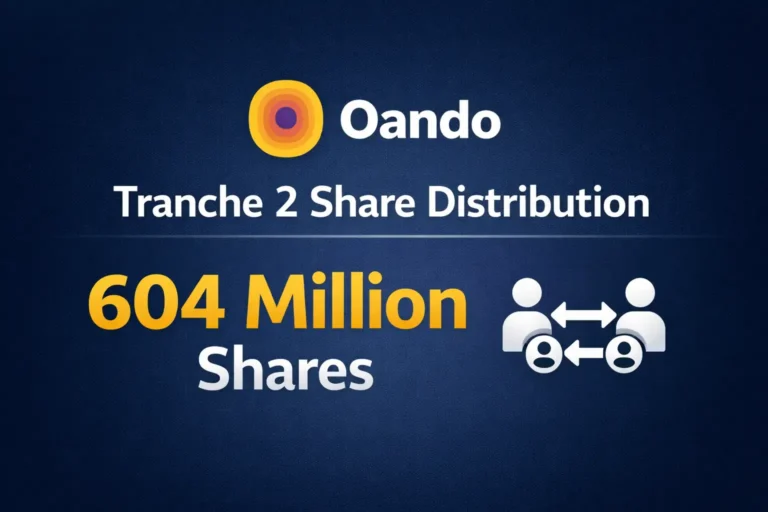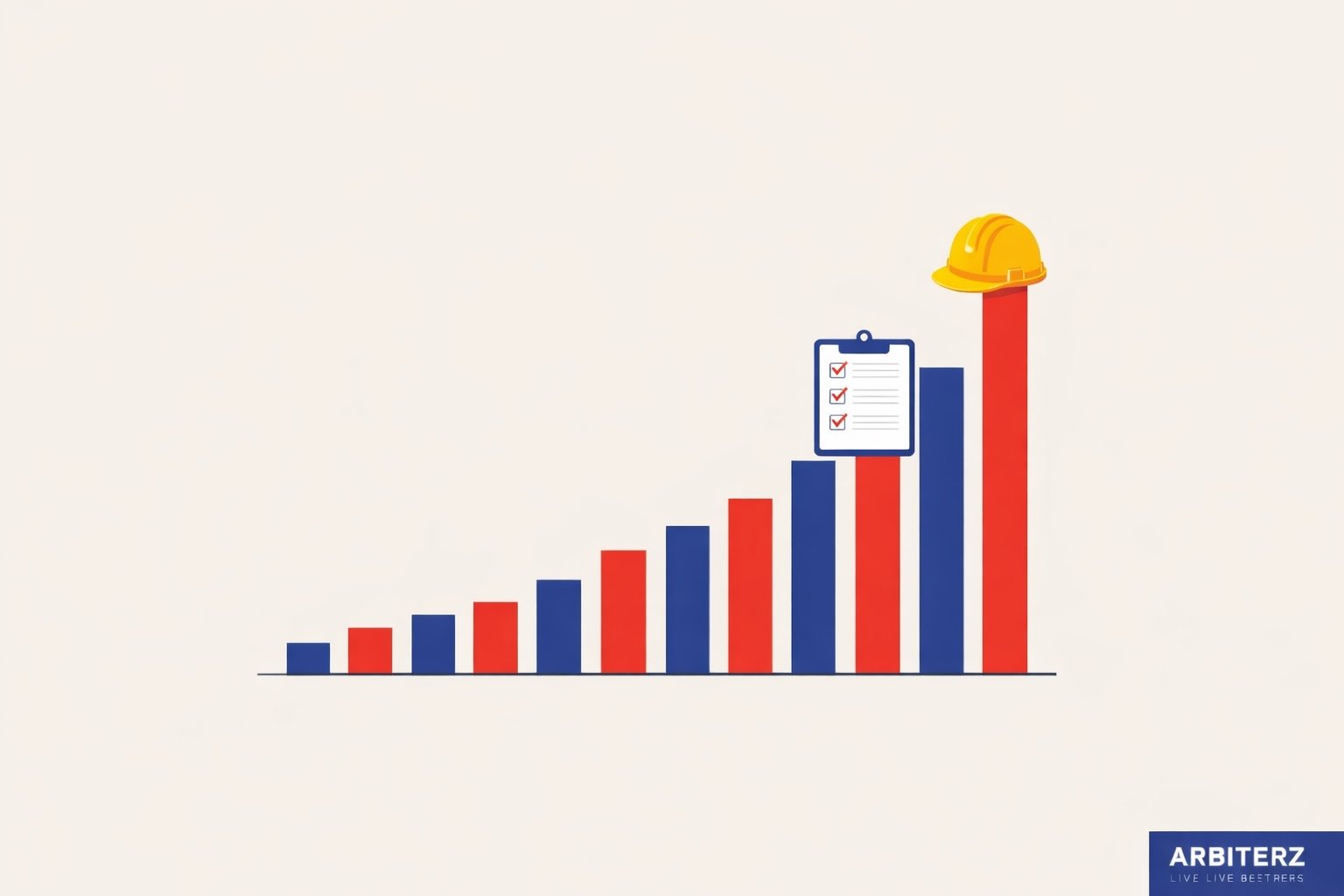Over the last few days, many Nigerians have had to count their losses after a digital asset trading platform known as CBEX reportedly wiped out N1.3 trillion from their investors’ accounts following its crash on Monday.
Some irate youths recently ransacked CBEX’s Ibadan office after the crash of the platform which promised a 100 percent return on investment for investors in one month. This ROI promise is atypical with numerous Ponzi schemes before it but how come Nigerians learned nothing from Racksterli, MMM, and the likes?
MMM Ponzi Scheme
The MMM (Mavrodi Mundial Movement) scheme originally from Russia was an infamous scheme that held sway in Nigeria in 2016. Established by Sergey Mavrodi, a Russian, the scheme promised a 30% ROI in 30 days to investors which made many Nigerians flock to it.
It operated under a “Provide Help, Get Help” model with heavy referral bonuses to drive user sign-ups without actually selling any product or being registered in Nigeria. It however came as no surprise when it crashed in December 2016 as its operational method of using user signup fees to fund payments was simply not sustainable.
The fact Nigeria was in recession at the time and the scheme positioned itself as a sort of community financial aid made it really popular and by the time it crashed and abruptly froze withdrawals in December 2016, citing “system overload” and a “pause for the holidays.”, users lost millions of naira and many Nigerians lost their life savings to the scheme.
Racksterli
As if the MMM experience was not painful enough, many Nigerians embraced Racksterli when it came around in 2020 with a Promise of ROI between 25%-40% depending on investment tier. Investment tires ranged from ₦14,000 to ₦20 million, categorized as Standard, Diamond, Ruby, Platinum, Emerald, etc.
The scheme founded by Michael Chidiebere Oti, also known as “Black Gold” launched in late 2020 and crashed in june 2021. The clever use of celebrity endorsements and payouts to early investors helped build the platforms subscriber base to around 422,000 and by the time it crashed, Nigerians lost millions of naira. Some investors were even asked to reinvest equivalent amounts to recover their initial investments, a tactic that resulted in further losses.
Despite widespread complaints, there were no significant legal actions taken against the founder, Michael Oti, and the platform’s social media accounts were deactivated.
MBA Forex
This was a Forex trading Ponzi scheme that operated from 2020–2021 under the claims of trading forex and training people on how to trade forex professionally and a promise of 15% monthly ROI.
The scheme attracted over 3,000 individuals, primarily in Port Harcourt, Rivers State. However, by late 2020, the company ceased operations, leaving investors unable to access their funds said to be about ₦171 billion.
Eatrich Farms
This was an Agro-investment scam that crashed in 2021 leaving over 250 investors unable to recover their funds after Promising ROI from agriculture investments such as fish, poultry, and pig farming. Founded by Sam Afolabi, the agribusiness gained prominence through its investment initiative, the Green Africa Project (GAP). Launched in 2020 the business disappeared with billions of naira.
Eatrich Farms reportedly facilitated loans for investors through Sterling Bank, amounting to approximately ₦2.3 million each, to fund its projects and when the company defaulted, the debt burden fell on the investors, many of whom were unaware of the loan arrangements.
Employees of the company were not spared as over 40 employees were allegedly coerced into taking loans totaling ₦88 million, with the funds diverted to the company’s accounts without their consent.
Why Nigerians Keep Falling Prey
The listed schemes are just a few of investment scams and ponzi schemes that has held sway in Nigeria over the years with Nigerians almost always coming across as easy preys to the founders of these schemes.
The reasons Nigerians continually fall prey to these schemes include the prevalent economic situation of the country which has been turbulent over the past few years, there is also the angle of greed and the prevalent acceptance of “Get rich quick” schemes in our culture in addition to the fact any form of soft investment appeals greatly to Nigerians who do not mind sparing their ‘last cash’ and risking it all provided there is a promise of an outrageously high treward.
The CBEX crash may have been the latest in a series of ponzi schemes Nigerians have fallen prey to but it certainly would not be the last.


























